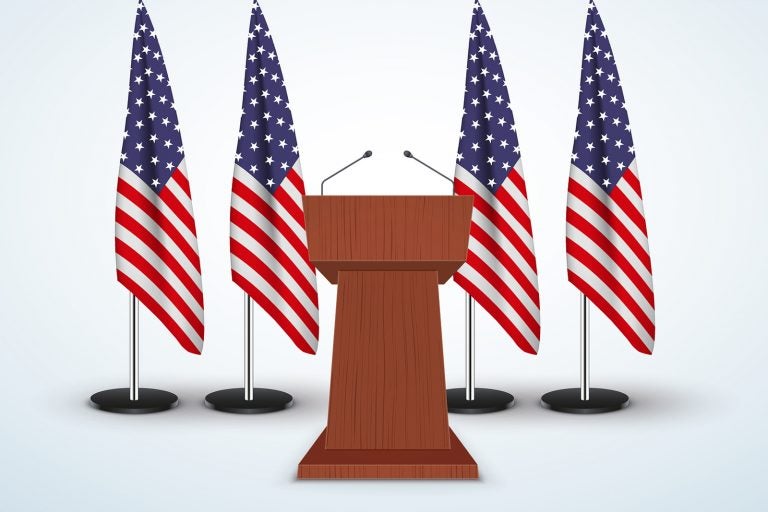Many N.J. candidates avoid debates as campaign strategy, leaving voters in void
Debates in several Garden State legislative districts aren’t being held this year because candidates aren’t willing to participate,

(Bigstock)
Debates in several Garden State legislative districts aren’t being held this year because candidates aren’t willing to participate, according to the League of Women Voters of New Jersey.
Avoiding debates is a political strategy for some candidates, said Patrick Murray, director of the Monmouth University Polling Institute.
“If you are running ahead, the status quo is your best friend,” Murray said. “So you don’t want to upset that by engaging in a debate where something is out of your control.”
And incumbents often prefer to skip debates.
“When you have what’s considered a fairly safe seat, you don’t want to give your opponent — the challenger, who’s probably not all that well known — a venue in which they can introduce themselves to voters and a potential opportunity to get you to trip up and make a mistake,” Murray said.
Jesse Burns, executive director of the League of Women Voters of New Jersey, said campaign strategy doesn’t necessarily benefit the voters.
“Candidates have to remember that, when they are elected, they serve their constituents,” Burns said. “And what better way to show that you are going to serve your constituents by starting while you’re campaigning and debating in front of them and giving them an opportunity to hear where they stand on public policy issues?”
Even if a lot of people don’t attend a debate, Burns said, the forums can make a difference to voters.
“When we publish those videos in full on social media, that’s what’s shared. People want to see exactly where candidates stand on public policy issues,” she said. “And they don’t want to rely on campaign literature and paid television ads and that kind of thing to learn about candidates.”
Debates are an excellent way to overcome voter apathy, Burns added.
Voters “get to hear about real public policy issues. And when you hear about policy issues, you realize that the candidates that get elected make important decisions, and there is a difference between candidates that are running,” she said. “It directly affects your life.”
WHYY is your source for fact-based, in-depth journalism and information. As a nonprofit organization, we rely on financial support from readers like you. Please give today.



